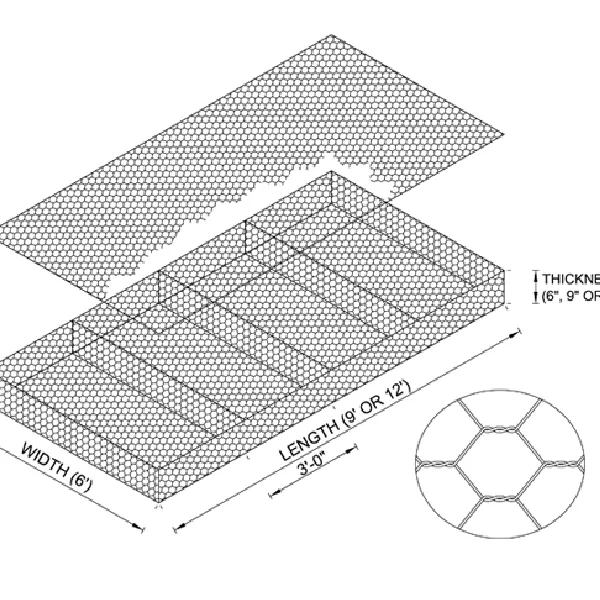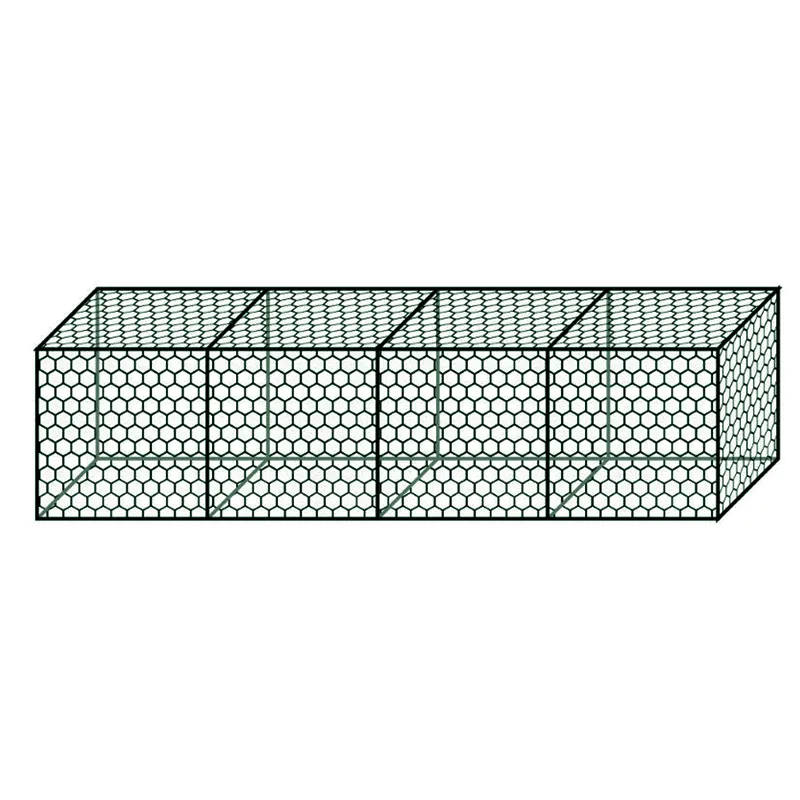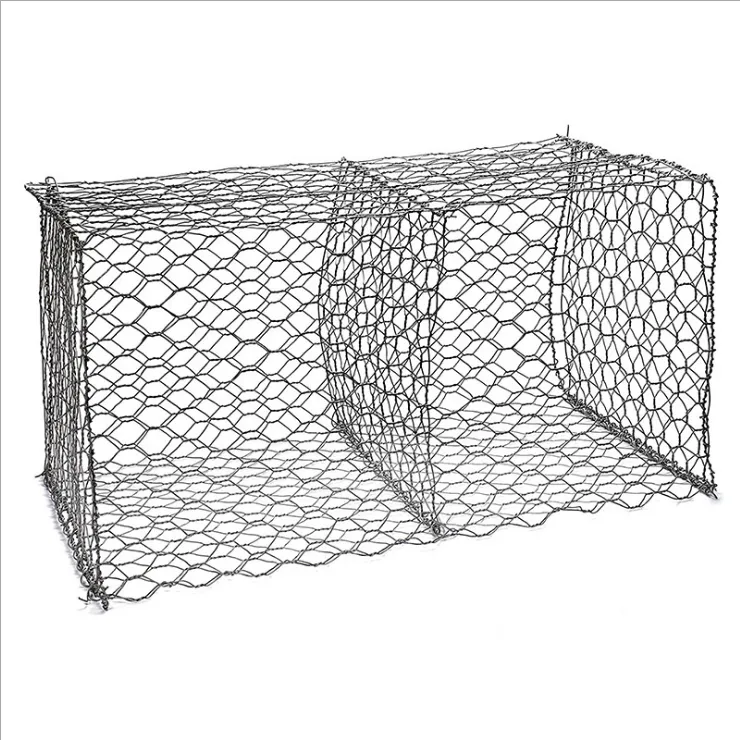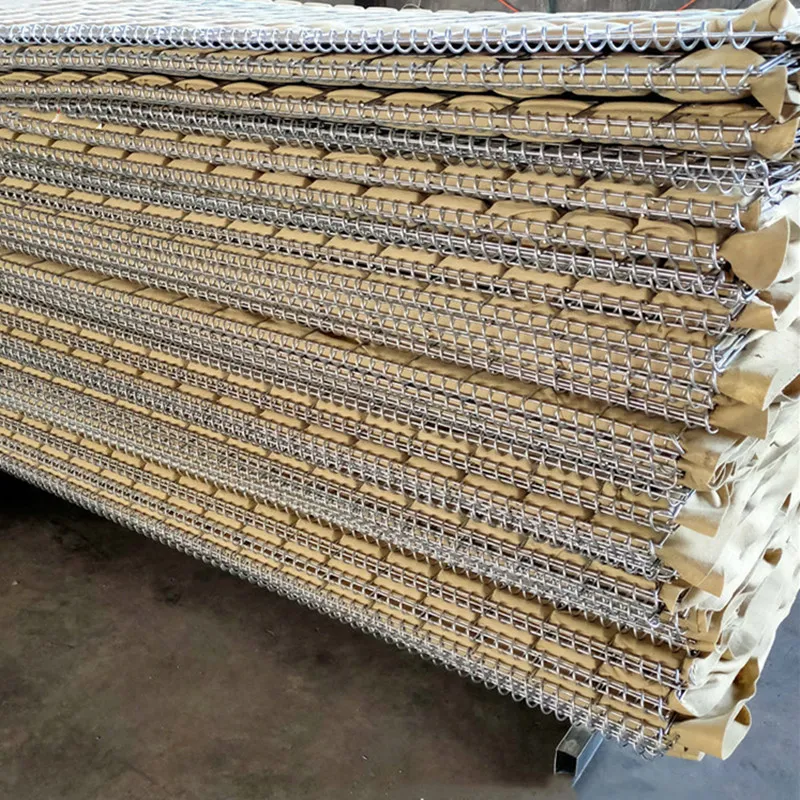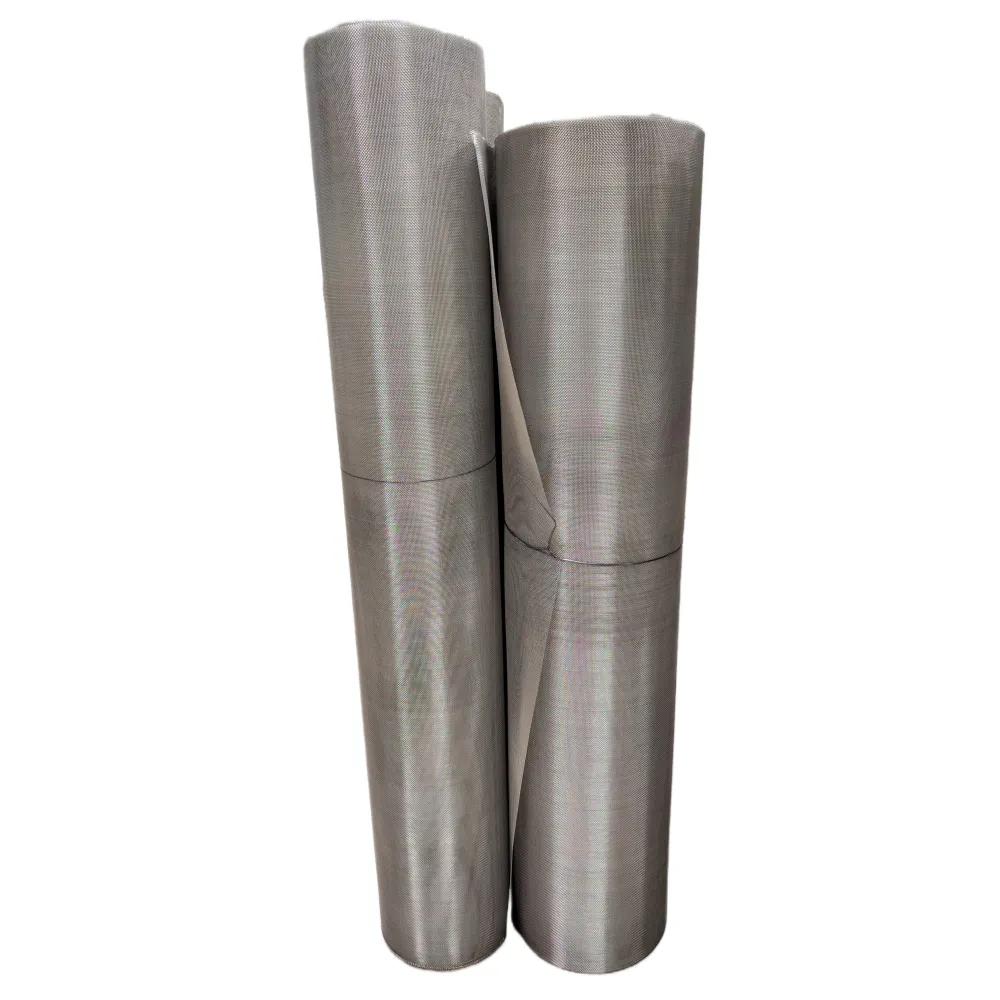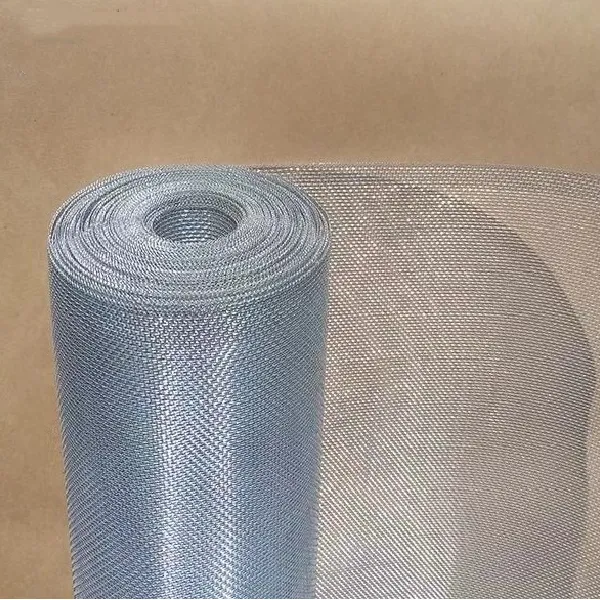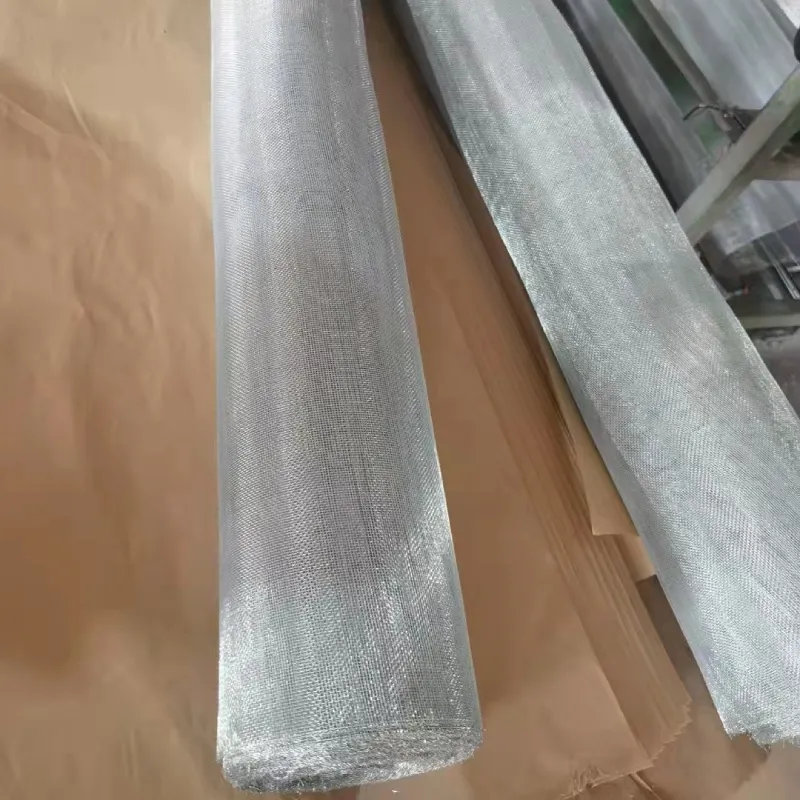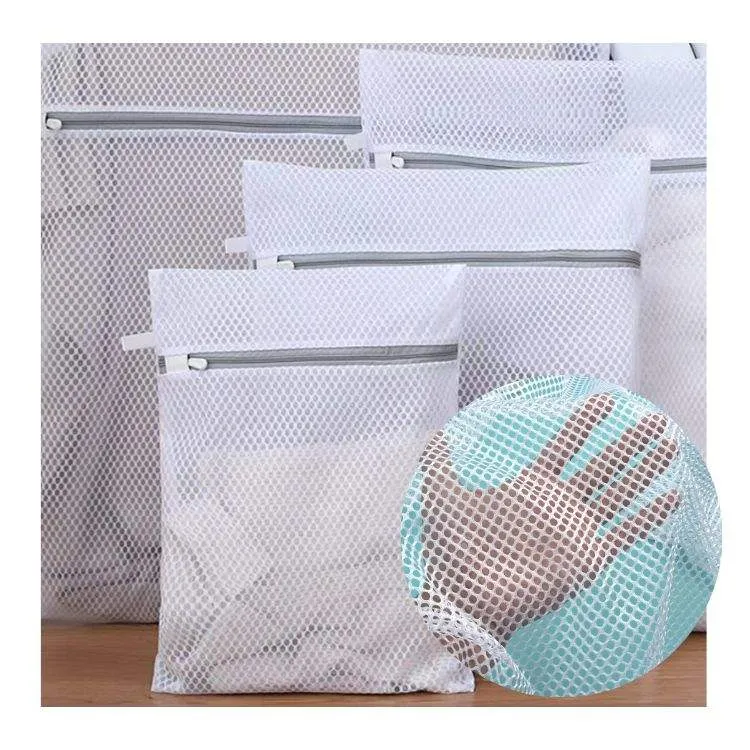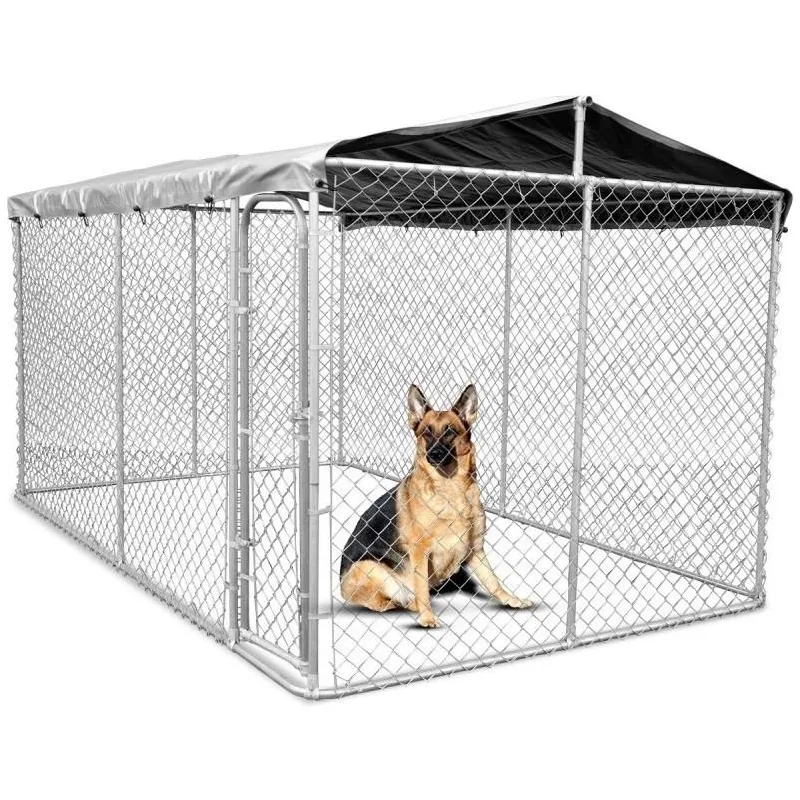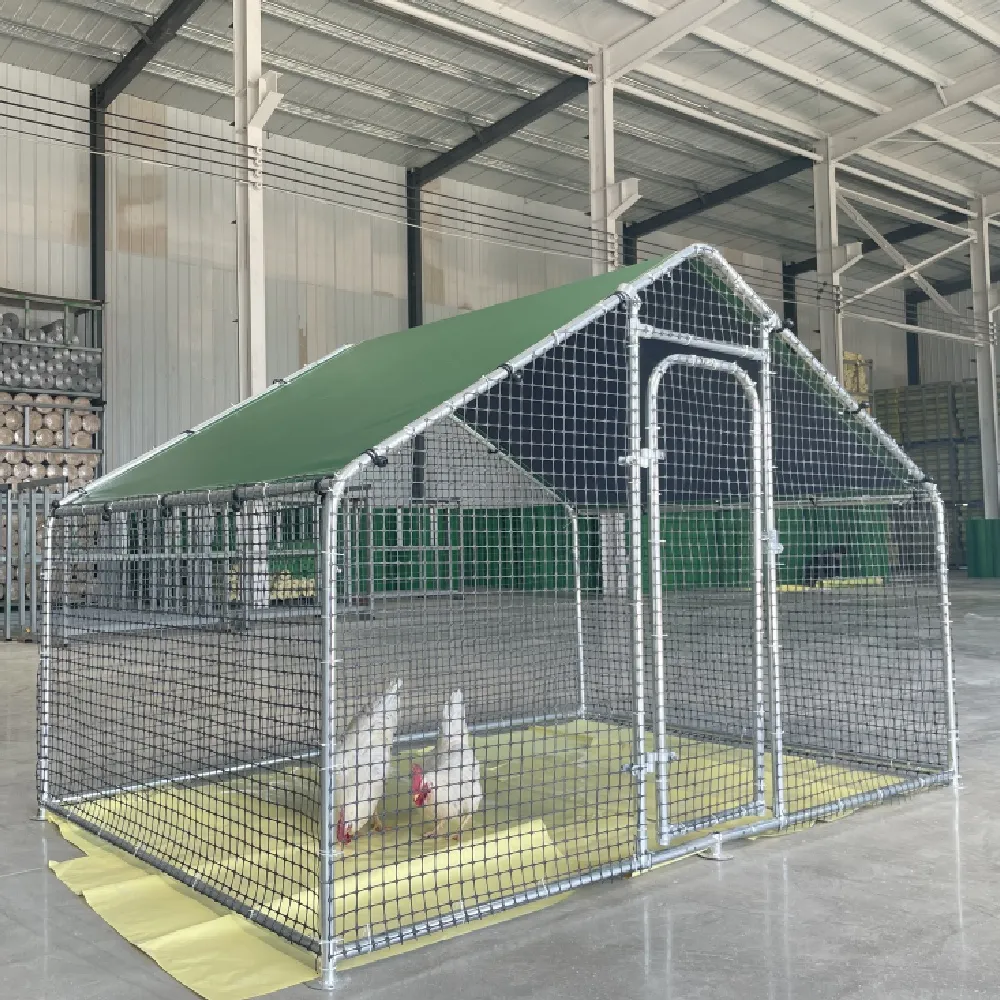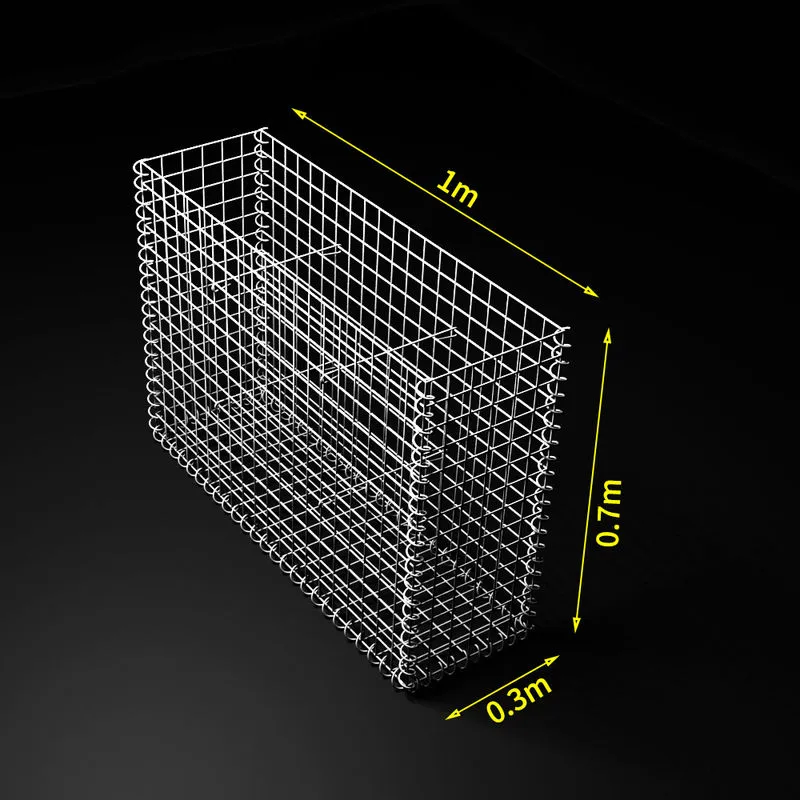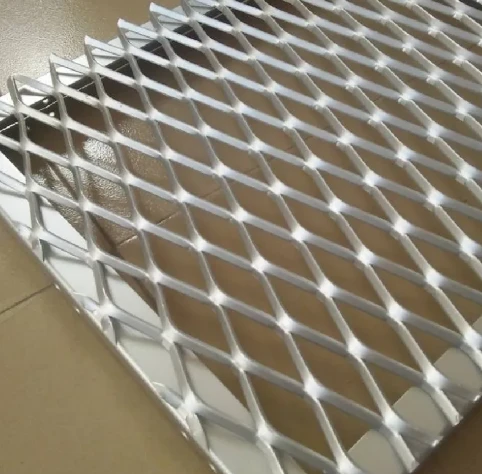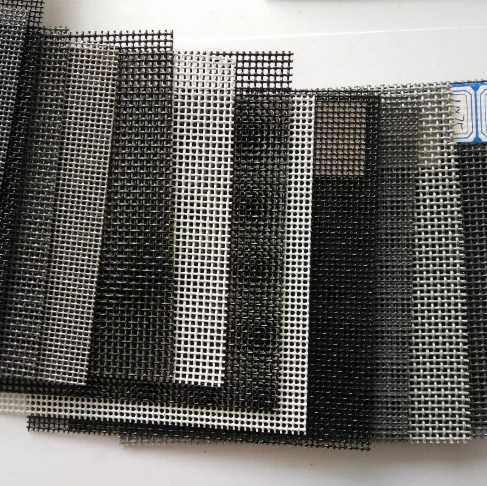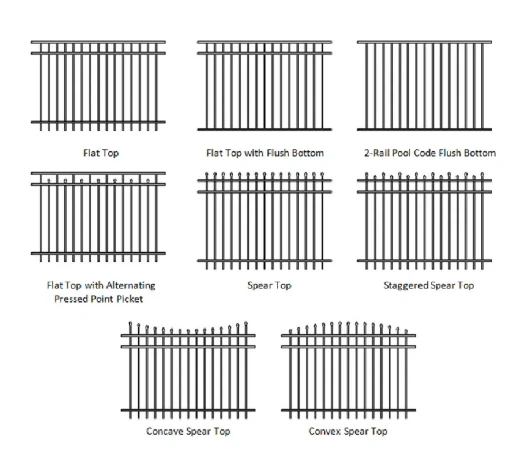The coated metal mesh industry is gaining significant traction due to its unique blend of durability, versatility, and applications across various sectors. This article delves into its benefits, uses, and why it stands as a superior choice for different industrial requirements.
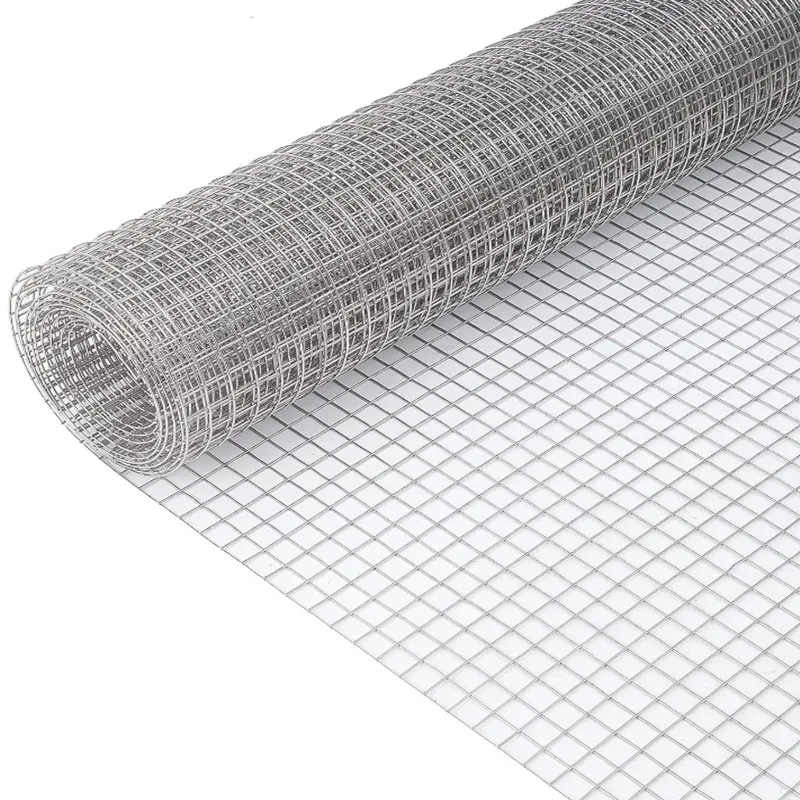
Coated metal mesh, often crafted from materials such as steel, aluminum, or copper, serves as a critical component in various applications. The coating, typically involving polyester, PVC, or other anti-corrosive substances, enhances the metal's inherent sturdiness, making it resistant to environmental degradation and external pressures. This resilience ensures that the mesh remains robust under demanding conditions, promising longevity and reliability in usage.
A significant advantage of coated metal mesh is its ability to provide protection in harsh environments. The coating acts as a shield against moisture, chemicals, and physical abrasion, significantly reducing the risk of rust and wear. This feature makes it particularly indispensable in industries such as construction, where materials are continually exposed to challenging weather conditions and chemical exposures. For instance, in coastal areas where salt spray can rapidly deteriorate uncoated metals, the protective layer on coated metal mesh extends the service life of construction materials, offering exceptional ROI for infrastructure projects.

Experts across the engineering and architectural spectra emphasize the adaptability of coated metal mesh. Its lightweight design does not compromise on strength, making it suitable for architectural facade designs that demand both aesthetic appeal and structural integrity. The mesh can also be tailored in terms of color, texture, and thickness, providing architects and designers with creative freedom. This customization potential has been a game-changer, particularly in modern architectural designs where the visual aspect is as important as functionality.
In industries like automotive and aerospace, coated metal mesh finds its niche by contributing to weight reduction without compromising safety. The aerospace sector, for example, values these meshes for their ability to withstand high-altitude conditions while maintaining the aircraft's weight at a minimum. This feature not only enhances fuel efficiency but also contributes to the evolving sustainability goals within these industries by optimizing the overall energy expenditure during transportation.
coated metal mesh
Furthermore, the mesh's application extends into the realm of renewable energy. Solar farm fencing and wind turbine enclosures commonly utilize coated metal mesh due to its ability to withstand prolonged exposure to the elements while minimizing maintenance costs. Energy companies seeking to maximize uptime and efficiency understand that the low upkeep requirement of these meshes results in significant savings over time and boosts operational reliability.
In terms of safety and security, coated metal mesh serves an irreplaceable role. Its use in creating high-security barriers around sensitive facilities, such as military installations and data centers, is prevalent due to its formidable resistance to cutting tools and its deterrent characteristics against intrusion. The mesh design assures high visibility, reducing hiding spots and enhancing perimeter surveillance — a crucial factor for locations requiring stringent security measures.
The expertise of manufacturers in developing coated metal mesh has pushed the boundaries of technology, transforming it into an advanced material solution. Through continuous R&D, improvements in coating techniques have resulted in even finer meshes that retain strength while providing better ventilation and light filtration. This progress has reinforced coated metal mesh's position as a leading product in sectors requiring precise environmental controls, such as agriculture, where controlling microclimates in greenhouses is essential for crop yield.
Trustworthiness in coated metal mesh is underlined by its certification from industry standards organizations that validate its performance and safety parameters. Consumers and industrial users can rely on these certifications as benchmarks for quality assurance, ensuring that the products live up to their claims of durability and effectiveness. As a testament to its authority in the field, coated metal mesh complies with rigorous industry standards like ASTM, ISO, and others that ensure the mesh performs under specified conditions without failure.
In conclusion, the appeal of coated metal mesh lies in its extraordinary combination of resilience, adaptability, and efficiency. Its robust applications across diverse industries highlight its value proposition and reflect a growing recognition of its superior qualities in meeting modern industrial challenges. Whether for construction, security, advanced manufacturing, or sustainable energy, coated metal mesh stands as a testament to the innovative convergence of material science and practical engineering.




